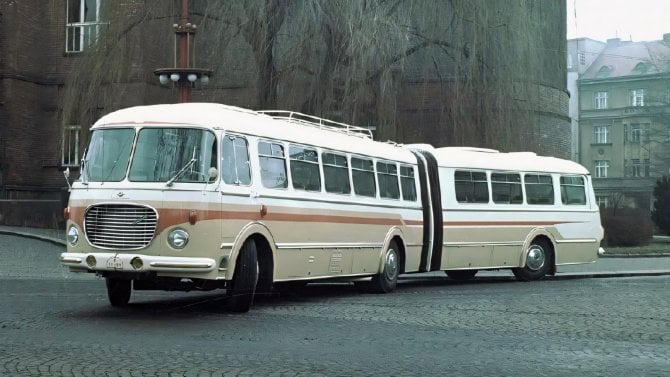...
They had been designed for a smaller European Union when many currencies were effectively pegged to Germany's mark, and now needed to be changed, Tuma wrote in an article in the European edition of the Financial Times.
"Back then, these rules might have been perfectly legitimate, but today they are outdated and counter-productive," he said.
The Czech Republic, which joined the EU in 2004, is obliged to work towards meeting the strict rules on inflation, currency stability and government debt required for euro membership, but the government recently ditched a 2010 target for membership.
Tuma said membership of the ERM-2 regime, a prerequisite for adopting the euro, would make no sense for an inflation- targeting central bank such as his own. In ERM-2, currencies of countries wanting to join the euro zone should remain within +/-15 percent of a central parity rate against the euro.
"The step is simply counterproductive. It implies switching from a regime that is perfectly compatible with the European Central Bank framework to a semi-fixed exchange rate, which is incompatible," he said.
Tuma also criticised the criterion requiring euro entrants to have inflation of no more than 1.5 percentage points above the average of the three EU countries with the lowest rates.
EU expansion had made this rule harder to meet as it increased the chance that the benchmark level of inflation would be driven down by countries suffering a temporary disinflationary shock, Tuma said.
"The benchmark currently being used is systematically lower than it was during the second half of the 1990s. This means that the favourite argument of equal treatment does not hold," he said.
European Central Bank and EU Commission officials have repeatedly rejected any relaxation of the euro entry rules, saying new members should have to meet the same criteria as the original countries.
Rules for adopting the euro were designed when the EU had 15 members, rather than the current 27. The currency was launched in 1999 with 11 countries, although Greece and Slovenia have since pushed euro zone membership up to 13.
[FRANKFURT/Reuters/Finance.cz]




 V Evropě se objevil návrh na to, jak od elektromobilistů vybrat peníze, když neplatí daně z paliva. Zdanit se má soukromé nabíjení i ujeté kilometry
V Evropě se objevil návrh na to, jak od elektromobilistů vybrat peníze, když neplatí daně z paliva. Zdanit se má soukromé nabíjení i ujeté kilometry
 Test Citroen C3 Aircross: Na velikosti záleží
Test Citroen C3 Aircross: Na velikosti záleží
 Po stopách prototypů československých užitkových vozidel. Dochovalo se jich jen minimum
Po stopách prototypů československých užitkových vozidel. Dochovalo se jich jen minimum
 Nastavoval intenzitu elektronické cigarety za volantem, dostal pokutu. Podle soudu je e-cigareta mobil
Nastavoval intenzitu elektronické cigarety za volantem, dostal pokutu. Podle soudu je e-cigareta mobil
 Ojetiny dál zdražují, „Áčka“ jich přesto prodávají rekordní množství. Podle jejich šéfky roste pomalu i zájem o elektromobily
Ojetiny dál zdražují, „Áčka“ jich přesto prodávají rekordní množství. Podle jejich šéfky roste pomalu i zájem o elektromobily
